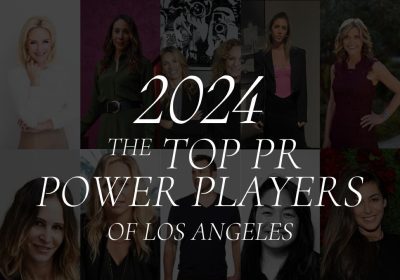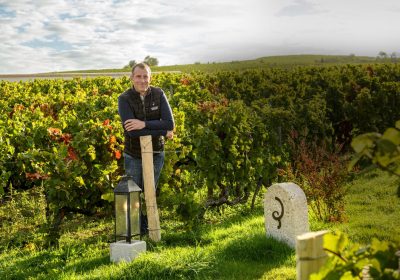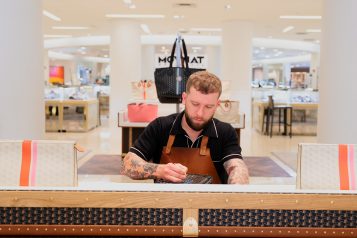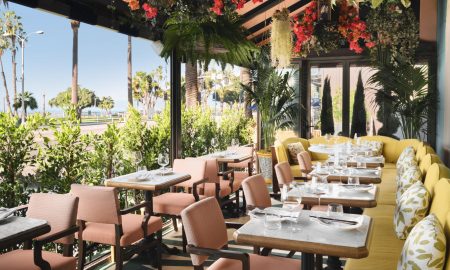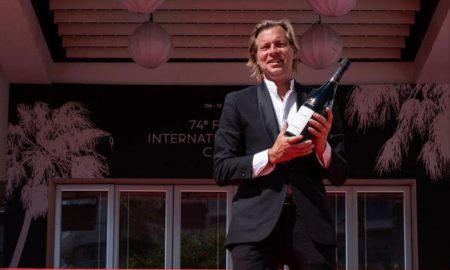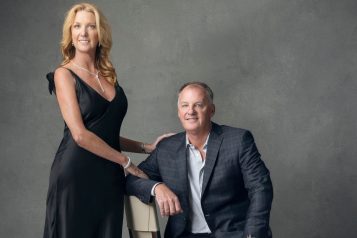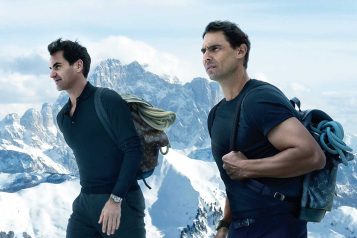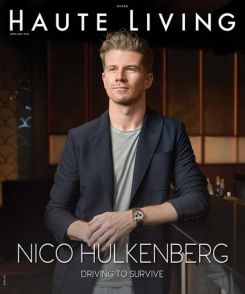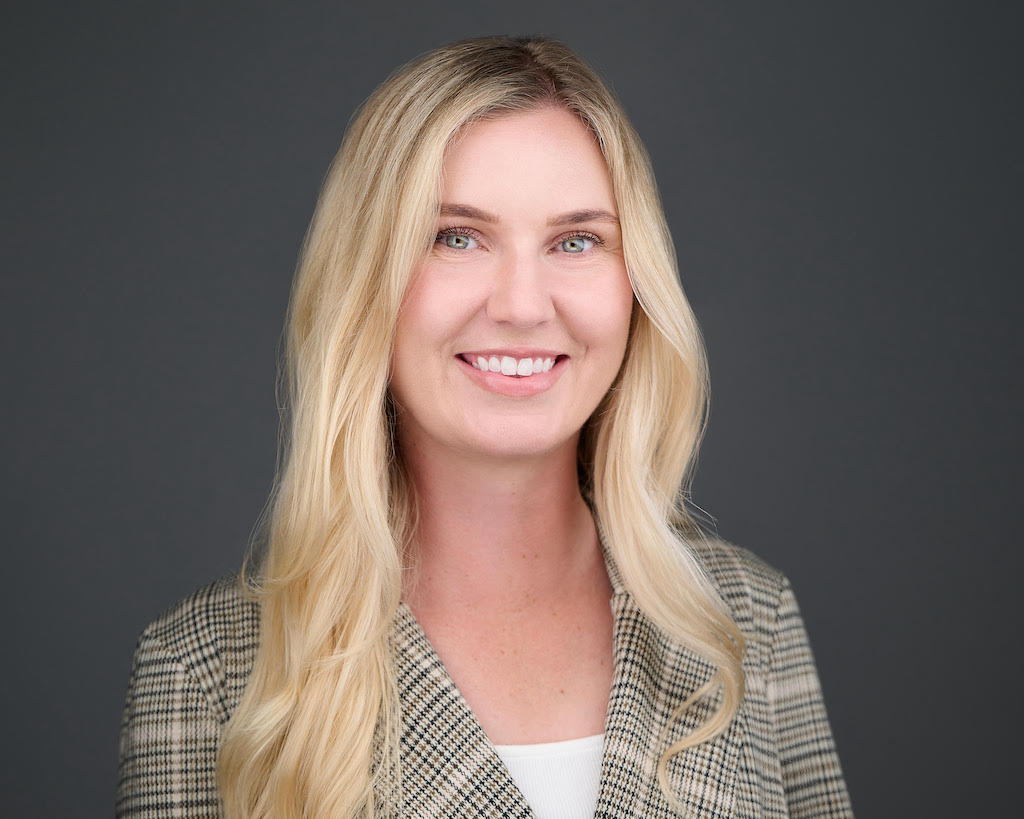
Former professional golfer turned coach, Kayla Sciupider shares her golf journey and leveling the playing field for women golf instructors.
Haute Living: Can you tell our Haute Living readers about your background and what led you to golf as a professional and recreational endeavor?
Kayla Sciupider: I began playing when I was nine years old. My father got my brother and me into the game from a young age. He bought a set of clubs from K-mart for us – he gave my brother the odd-numbered irons, and me, the even-numbered. And then we picked up one more driver and one more putter.
He also purchased golf spikes and super glue and glued them to the bottom of our shoes, because back then, there weren’t a lot of options for junior golfers, so there weren’t a lot of brands that were selling golf shoes or golf apparel to juniors. It was ultimately a creative way that my parents came up with to get us into the game at an affordable price.
My parents ran junior golf tournaments in the area. So I began competing at a young age, and I was very fortunate to be able to do that. And I found that improved each year. I decided that I wanted to play golf in college, so I continued in the junior golf circuit.
One of the pivotal things that happened that gave me the goal of playing golf professionally was when I won a junior golf tournament as a freshman in high school. That achievement led to me playing golf with an LPGA player, an entire 18-hole round, and that inspired me to take my game to the next level.
HL: Tell us about the industry of golf instruction and how it has evolved – At present, we are seeing mass versatility with virtual simulators in hotels and private airports, onsite training even in the workplace…?
KS: Golf instruction has changed fundamentally.
Obviously, in the past, golf instruction has been in-person only, one on one typically. It’s also been pretty expensive. So only the elite were able to have access to good golf instruction, and sadly, others weren’t. But with evolutions in technology, there’s been a lot of advances now and an equaling of the playing field. One can hold virtual lessons, which usually are less expensive than in person. There are even resources on YouTube.
With that being said, trying to pinpoint which direction to go is important, so make sure that you’re not trying to listen to or be taught by 20 different instructors from all of these different sources.

HL: Tell our readers about your tour experience…?
KS: Once I graduated from Rollins College in Florida, I decided I would like to pursue golf professionally. So the first step of that would be to sign up for LPGA qualifying, in which stage one is in California.
It’s not an easy endeavor – you also have to source the funds and sponsorships and all of that. So I was very fortunate to have some help from my family in this regard.
I played a lot of golf in Florida, home to fabulous, world-renowned courses – I performed at a lot of State Opens, and then I was able to advance through stage one of Q-School, achieving status on what was then called the Symetra Tour, which is now the Epson Tour; equivalent to the Korn Ferry Tour of the PGA; just one step below the LPGA.
HL: Can we talk a little bit about the disparities between men and women golf instructors? And has anything changed or progressed or evolved?
KS: There has frankly not been an increase in female golf instructors, but the demographics that are increasing the fastest are indeed women golfers and girl golfers. There’s a wide gap in the industry.
I also find that most beginner, female golfers would like to learn from a female instructor.
In terms of instructors, there appear to be fewer than 20% female golf instructors in the game, whereas there are now 35 to 40% female golf players active. So you have more than double the women playing the game or picking up the sport than instructors to serve them.
One of the big challenges would also be the pay disparity. When I played on the Epson Tour, if you were cut, you lost money because your tournament entry fee was more than twice what 60th place earned you. That’s not the case for Korn Ferry. And that’s not the case for men.
In the past five years, there have been a lot of changes, however. The women are earning more money, there have been more sponsorships for the tours, and there are less expensive options or more affordable options for launch monitors, and swing simulators. Progress is a good thing for the industry at large.

HL: Where do you see your brand, if you will, in the next five years, and into the future?
KS: I would like to continue to grow the game. And the way that I see myself doing that is by being in a position where I can create access to as many new golfers as possible, whether that be in person, whether that be online, or via running clinics.
I recently ran a women’s only golf clinic in Asheville, North Carolina, for example, with a program called, ‘Fore the Ladies’. I would ultimately like to see more, specific to women or specific to girls, golf instruction in the business, especially in places that need it.
We’re seeing evolutions in diversity, equity, and inclusion. At the same time, and separately, we’re seeing evolutions in golf and people taking up the sport. I’d like to see greater golf inclusivity and people continuing to take on golf at the workplace, on the go, virtually, and in many different forms.
My brand will be best served by meeting with and championing more women instructors. Because there’s a great demand for women instructors as more and more women become associated with and fond of the game.
Golf instruction continues to evolve – We went from golf instructors being in charge of tee times, being in charge of member relations, being in charge of tournaments run at their clubs, to now being just instructors, just teaching because that’s our job.
I don’t want to sit behind a desk all day. I want to be out, inspiring young players. I want to be out helping people learn to love the game.
Written in partnership with Amsterdam Group





